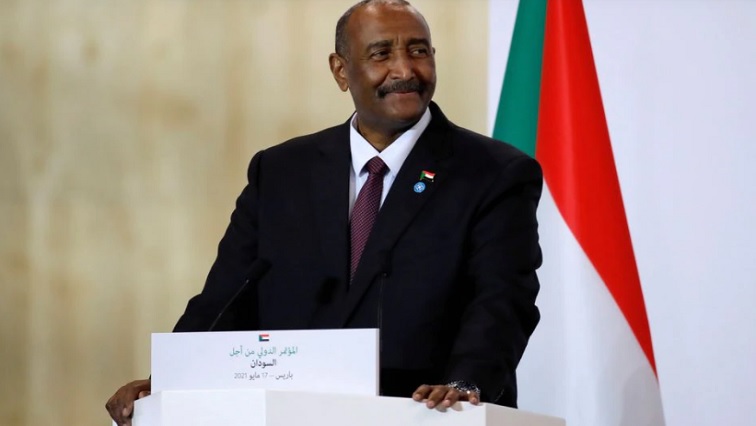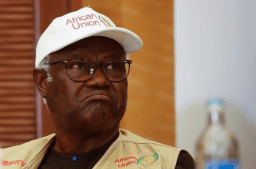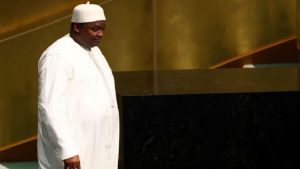Sudan’s armed forces chief defended the military’s seizure of power, saying he had ousted the government to avoid civil war, while protesters returned to the streets on Tuesday to demonstrate against the takeover after a day of deadly clashes.
The military takeover on Monday brought a halt to Sudan’s transition to democracy, two years after a popular uprising toppled long-ruling autocrat Omar al-Bashir.
Speaking at his first news conference since he announced the takeover, General Abdel Fattah al-Burhan said the army had no choice but to sideline politicians who were inciting against the armed forces.
“The dangers we witnessed last week could have led the country into civil war,” he said, an apparent reference to demonstrations against the prospect of a coup.
Prime Minister Abdalla Hamdok, who was arrested on Monday along with other members of his cabinet, had not been harmed and had been brought to Burhan’s own home, the general said.
“The prime minister was in his house. However, we were afraid that he would be in danger so he has been placed with me in my home.”
Burhan had appeared on TV on Monday to announce the dissolution of the Sovereign Council, a body set up after Bashir’s overthrow to share power between the military and civilians and lead Sudan to free elections.
The Facebook page for the office of the prime minister, apparently still under the control of Hamdok loyalists, called for his release and that of the other civilian leaders.
Hamdok remains “the executive authority recognised by the Sudanese people and the world”, the post said. It added that there was no alternative other than protests, strikes, and civil disobedience.
Sudanese ambassadors to 12 countries, including the United States, United Arab Emirates, China, and France, have rejected the military takeover, a diplomatic source said on Tuesday.
Ambassadors to Belgium and the European Union, Geneva and UN agencies, China, South Africa, Qatar, Kuwait, Turkey, Sweden, and Canada also signed on to the statement, which said the envoys backed popular resistance to the coup.
Western countries have denounced the coup, called for the detained cabinet ministers to be freed, and said they will cut off aid if the military does not restore power-sharing with civilians. A discussion on the implications of the coup:






